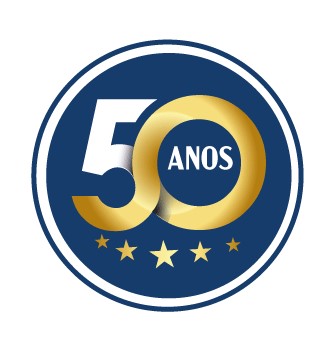Uso de convergência tecnológica sem regulamentação apropriada: VOIP e competitividade
DOI:
https://doi.org/10.18225/ci.inf.v38i1.1254Palavras-chave:
Convergência Tecnológica, Integração de Sistemas, Regulação, Competição Justa, Complexidade TecnológicaResumo
A convergência tecnológica criou a possibilidade de serviços de comunicações serem realizados baseados em tecnologias diferentes, garantindo o mesmo uso para usuários e melhores benefícios para provedores. Desta forma, ambos os consumidores – empresariais e residenciais – tiveram aumentado suas escolhas para serviços conjuntos bem como para provedores de serviços. A regulação existente não analisa o serviço como um resultado, mas como um produto ou tecnologia a ser autorizada. Baseado na literatura de utilização e comportamento do consumidor, este artigo descreve e discute uma estratégia de marketing usada pelos operadores de telecomunicações, os quais tiram vantagem da ineficiência da regulação e legislação. Uma análise teórica do ambiente competitivo e do uso da tecnologia conclui que benefícios econômicos da convergência tecnológica seguem devidos quatro fatores: Progresso tecnológico, falhas na regulação, complexidade da tecnologia e da não habilidade de explorar os benefícios da convergência. O mal uso destes serviços pelos provedores de telecomunicações dado a convergência tecnológica e integração de sistemas neste setor, são discutidos especificamente no contexto dos serviços de comunicação de voz à longa distância utilizando VOIP, criando propostas para definir o melhor uso da tecnologia que garanta uma competição justa para o mercado.
Palavras-chaves: Convergência tecnológica. Integração de sistemas. Regulação. Competição justa. Complexidade tecnológica.
Technology convergence usage without an appropriate regulation: VOIP and competition
Abstract
Technological convergence allows communications services based on different technologies to be offered to users, guaranteeing the same level of service and benefitting providers as well. This way, customers – business and residential – have an increased choice of service bundles as well as of service providers. The focus of existing regulations, however, is on specific products or technologies without considering the end-service provided to customers. This creates market weaknesses which encourage telecommunications operators to take advantage of inefficient regulation and legislation. Based on customer behavior and usage literature, a theoretical analysis of the competitive environment and the technology usage concludes that the economic benefits of technological convergence emanate from four factors: technological advancements, regulation failures, technological complexity and consumer inability to exploit the benefits of convergence. The marketing strategy adopted by telecommunications providers based on technology convergence and systems integration in this sector are discussed specifically in the context of long-distance voice communications services using VOIP and suggestions are provided regarding the best usage of technology to guarantee fair competition in the market.
Keywords: Technology convergence. Systems integration. Regulation. Fair competition. Technology complexity.
Downloads
Downloads
Publicado
Como citar
Edição
Seção
Licença
- A publicação se reserva o direito de efetuar, nos originais, alterações de ordem normativa, ortográfica e gramatical, com vistas a manter o padrão culto da língua, respeitando, porém, o estilo dos autores;
- As provas finais não serão enviadas aos autores;
- Os autores mantém os direitos totais sobre seus trabalhos publicados na revista Ciência da Informação, ficando sua reimpressão total ou parcial, depósito ou republicação sujeita à indicação de primeira publicação na revista, por meio da Licença Pública 4.0 Internacional Atribuição-CompartilharIgual
- Deve ser consignada a fonte de publicação original;
- As opiniões emitidas pelos autores dos artigos são de sua exclusiva responsabilidade;
- Cada autor receberá dois exemplares da revista, caso esteja disponível no formato impresso.
























